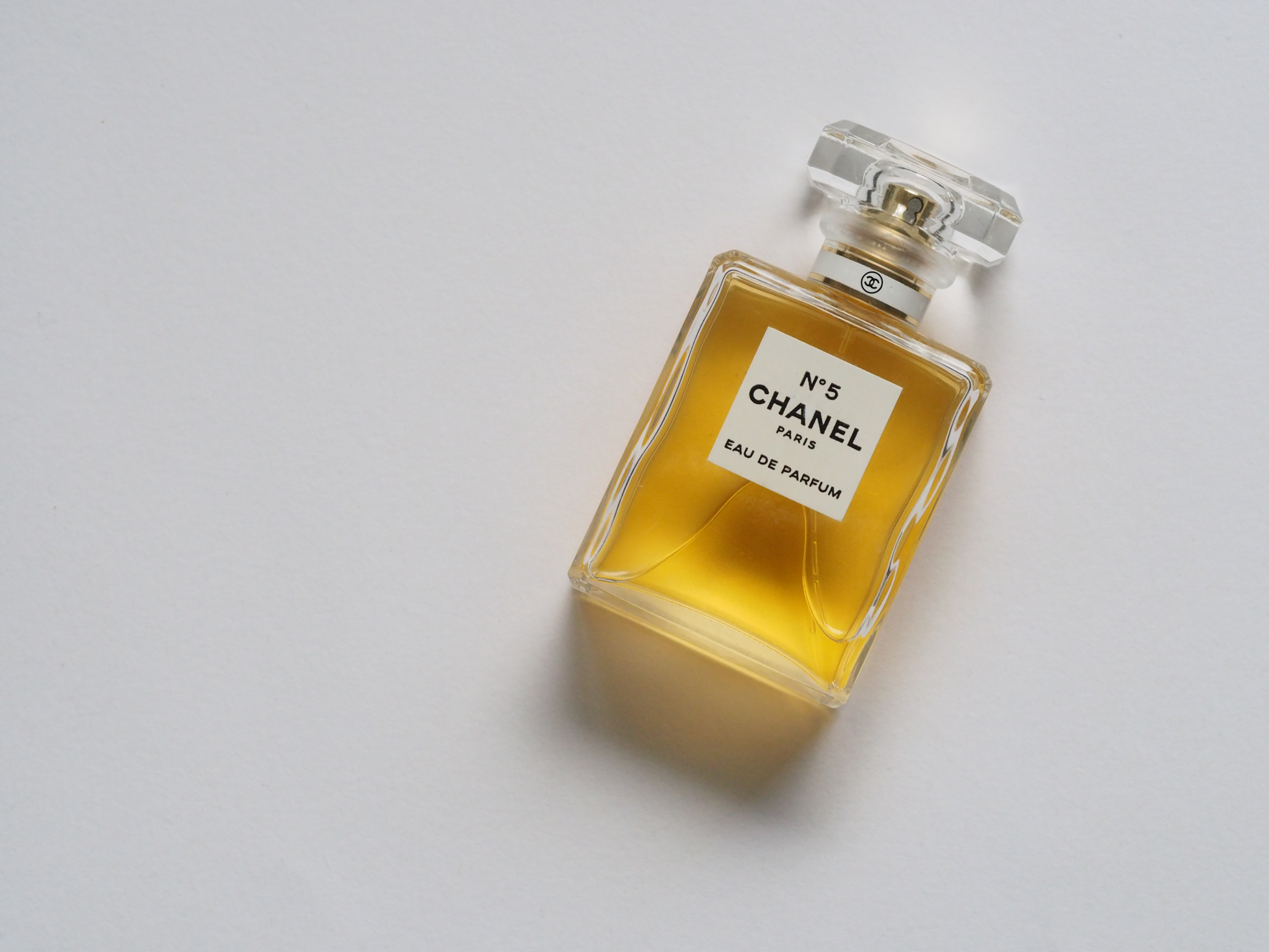
Does Perfume Have Animal Products In Them?
None of our products have any animal products in them, nor are our products ever tested on animals. This article talks about the industry as a whole, all of our perfumes are completely vegan and cruelty free.
Perfumers use a wide range of ingredients to create some of the finest scents. While most people know about flowers and floral extracts, many other materials are used in the perfume industry. Are animal products among them? Scroll down to find out.
Do perfumes contain animal ingredients?
Some, but not all, perfumes do contain animal ingredients. Perfume making is an ancient art. Many ingredients that were used centuries ago are also found in many fragrances today.
A perfume that contains any animal ingredient isn’t vegan. Even if the ingredient wasn’t obtained through animal cruelty, the fragrance isn’t vegan if it features extracts obtained from animals.
What is the role of animal ingredients in perfumes?
Animal ingredients add unique scents to natural perfumes. Also, they act as fixatives or base notes. The term fixative refers to the substance that restricts the volatile components and helps perfume last longer.
Fixatives are generally base notes and their concentration ranges from 3% to 5%. Although this percentage may seem low, fixatives can be a powerful part of the fragrance.
What animal-based ingredients are used in perfumes?
An animal product, or animal by-products, is defined as any material that derives from an animal regardless of its structure, consistency, texture, and other characteristics.
Back in time perfume brands used a lot of these ingredients, but things are changing. Not many brands use natural animal-derived ingredients today.
Most companies opt for synthetic versions of those compounds or they look for plant-based alternatives to create vegan perfumes.
Below, you can see some of the most significant animal products in fragrances.
Beeswax
Honeybees make beeswax, which is the building block of the hive. The uses of beeswax are numerous ranging from home to beauty and cooking.
In the perfume industry, the essence of beeswax absolute is used to achieve golden-ambery notes. Beeswax is used as a base or middle note in the fragrance.
Depending on other ingredients with which it’s combined, beeswax in perfumes has an encaustic, waxy, herbaceous, and slightly honeyed smell. In some cases, beeswax has a leather or fruity and spicy smell.
Although beeswax is a rare animal-derived ingredient that is cruelty-free, the smell of this compound isn't a vegan perfume. Vegans classify beeswax among non-vegan materials because they consider bees are exploited by harvesting honey.
Milk
Milk is one of those animal products that most people use on a daily basis, but did you know some natural perfumes contain it in their formula?
Although it may seem odd to use milk for a fragrance, this dairy product is the heart of some of the finest perfumes.
Milk has a subtly sweet smell that provides comfort and takes you back to childhood. At the same time, milk may amplify the floral scent in the fragrance.
As one of the prized notes in fragrances, milk adds unique vibes. Fragrances with milky notes are oftentimes described as lactonic.
Nowadays, many brands opt for plant-based milk. A good example is Wonderlust by Michael Kors or Eau de Parfum Blanche by ALAIA Paris both of which contain almond milk.
Civet
A civet is a small animal that lives in areas of tropical Asia and Africa. While a civet cat is a popular term for this animal, it’s not actually a cat. This nocturnal mammal secretes oil, also called civet.
More precisely, a civet is a secretion from the perineal glands of male and female civets alike.
In the perfume industry, civet is used as a fixative. Some of the most famous fragrances, including Chanel No. 5, contain this animal-produced compound.

Pure civet is a crude and buttery-yellow paste, which becomes darker with age. Fresh civet doesn’t have a pleasant smell, but when it’s diluted into a tincture, it gets a velvet-like, floral, and radiant scent.
Civet has been a popular ingredient for a long time primarily because it smoothes out rough edges of the fragrance, adds warmth and a sense of shimmer.
While some animal-derived ingredients in fragrances aren’t obtained through cruel methods, civet usually is. The African civet is primarily used for perfume-making.
These animals are often locked in farms in Ethiopia and other countries. However, some companies also strive to obtain civets in a humane manner, but that’s not working. These animals can be found on the Chinese market illegally.
Nowadays, a synthetic version of civet is also used in the perfume industry.
Ambergris
Ambergris, popularly called whale vomit, is a solid and waxy substance produced by sperm whales. This substance also happens to be one of the rarest ingredients in the perfume industry and it’s found in some of the most exquisite fragrances.
Ambergris is difficult to find and it costs thousands of dollars, which is why this flammable substance isn’t used that frequently.
Ranging from dull grey to black, ambergris is found on the shores primarily.
How does it get there?
One theory is that indigestive components of food of a pygmy sperm whale keep accumulating and the animal throws it up eventually. Hence the name whale vomit! The second theory is that whale passes ambergris with fecal matter.
Freshly produced ambergris has a fecal scent. Once dried, the substance gets an animalic, sweet, and marine smell. In the perfume industry ambergris is used as a fixative that helps smell last longer.
Ambergris isn’t obtained with cruelty because today sperm whales are a protected species and they’re not killed or tortured to obtain the substance. One of the most well-known fragrances with ambergris is Shalimar by Guerlain.
Musk
The name musk refers to aromatic substances that are widely used as base notes in the perfume industry. Some of these substances are synthetic ingredients, others are plants, but in some cases, animal-derived musk is used.
Sometimes glandular secretions from male deer native to mountainous areas of southern Asia such as the Himalayas are used.
Only male musk deer produce musk pod, which is located in a golf ball-sized hairy pouch in front of the penis. The substance is known for its generous, sweet, and aromatic scent.
Like other fixatives from this list, it makes perfumes last longer. Musk brings radiance and elegance to any perfume.
If you want a vegan and cruelty-free musk scent, make sure to look for perfumes that contain flowers or synthetic musk ingredients. After all, musk deer populations are severely affected due to the perfume industry.
Castoreum
Castoreum is an anal secretion from a specific type of beaver. Both male and female beavers have anal glands i.e. castor sacs between the pelvis and the base of the tail. Beavers use this smell to mark their territory. In the perfume industry, castoreum is used to produce leather scents in leather-based fragrances.
Perfumes with castoreum have erotic, spicy, and amber notes and vibes. Castoreum also acts as a fixative. Shalimar and many other luxurious perfumes contain these beaver anal secretions.
Many fragrances today contain synthetic ingredients to give a vibe of leather in a vegan and cruelty-free manner.
Hyraceum
Hyraceum is a petrified and rocklike excreta composed of both feces and urine of Cape hyrax that looks like a big guinea pig. This substance adds a “dirty” note to perfumes that are too fresh or sweet.
Basically, hyrax defecates at the same location over generations. With time, this leads to the formation of petrified deposits; which is a process that takes hundreds or thousands of years. That means the material hardens and becomes rock-like known as Africa stone.
Even though hyraceum is just an accumulation of urine and feces of an animal, it’s not among vegan products.
What is the most popular animal product in perfumes?
Throughout history, many animal compounds have been used in the perfume industry. One of the most famous products is musk.
Musk scent is strong, powerful, and luxurious. Perfumers love it because it’s long-lasting and enhances the beauty of the whole smell. Fragrances with musk are traditional, grounding, and sensual all at the same time.
How are animal materials used in the perfume industry?
Perfume companies use extracts. For that reason, they use pure alcohol to create a tincture. The main purpose of this process is to obtain all the compounds and active ingredients that produce pleasant scents of some product.
What makes a perfume vegan?
Vegan lifestyle excludes all forms of animal use whether it’s for food, clothes, beauty products, or other things. In a nutshell, vegan perfume doesn’t contain animal compounds in any form or quantity, regardless of how it’s obtained just like a plant-based diet has no ingredients that come from animals.
While lack of animal-derived ingredients is important, it’s not the only factor that makes a perfume vegan. For example, animal-free perfume isn’t vegan if the perfume brand tested it on animals. Unfortunately, many countries still require animal testing.
So , only those fragrances that don’t contain animal materials and don't imply tests on animals can be considered vegan.
Cruelty-free and vegan perfumes with natural ingredients are becoming increasingly popular today. Look for a leaping bunny logo to be sure the perfume you’re buying is cruelty-free and vegan perfume.
Conclusion
Animal-based products are common in the perfume industry, but not all perfumes have them. Some of the most commonly used animal products are musk, beeswax, civet, among others. Today, synthetic versions are widely used and they have the same quality as original forms.
They're better for us because they contribute to making cruelty-free fragrances. Most perfumes aren’t vegan because they either contain an animal ingredient or have been tested on animals.
Before you buy perfume, check out all the notes, especially if you want eco-friendly products. Avoid perfume companies that test on animals. Opt for vegan perfume companies instead.
Share
